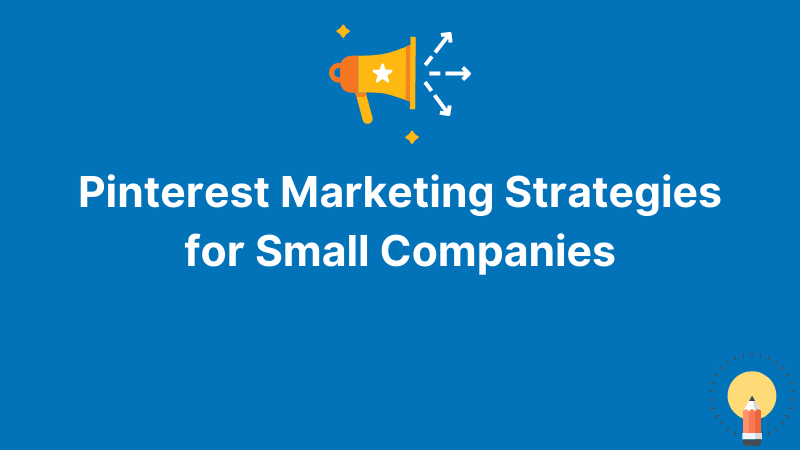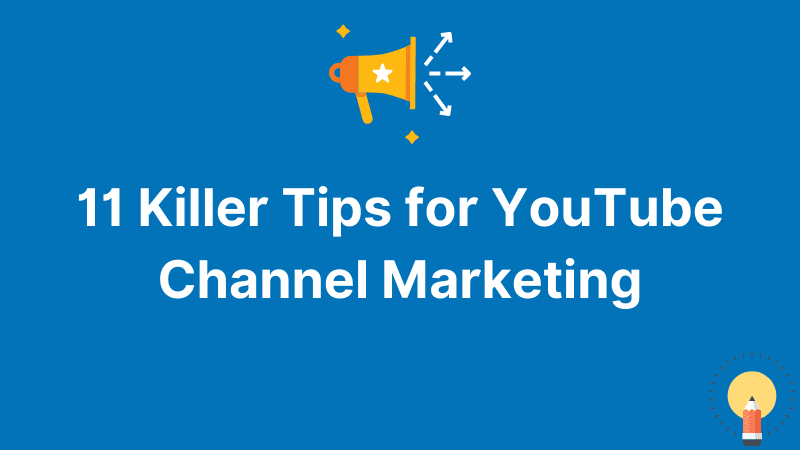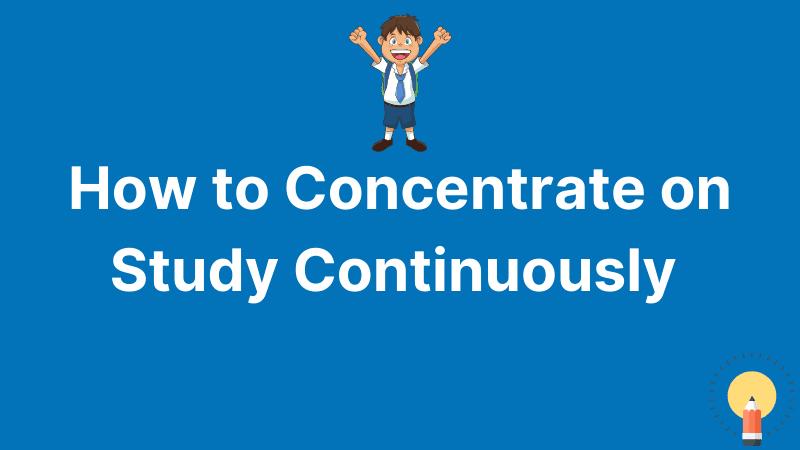5 Method for Off-Page SEO to Boost Website
Off-page SEO, as the name implies, refers to any tactic that happens outside of the website and indirectly improves your search engine results. It complements other SEO tactics such as technical, local, and on-page SEO.
Off-page SEO is the least controllable of these tactics, yet it is also seen as extremely useful.
Why Is Off-Page SEO Important?
The primary goal of off-page SEO is to increase brand awareness and trust. It often includes, among other things, external link building (backlinks), social networking, and guest blogging.
An excellent SEO strategy incorporates a decent mix of all four tactics outlined above. Several studies, however, have indicated that off-page SEO is the most important:
1. Off-page SEO-related elements have 50% of the weight when it comes to ranking factors, according to Moz.
2. BackLinko discovered that the top result in Google had around 3.8x more backlinks than the results in positions 2 to 10. This suggests that those with more off-page SEO (in this example, backlinks) rank better on SERPs.
3. While social media is not a direct ranking component for Google, multiple studies have identified a strong link between social signals and ranking position. Hootsuite also discovered in an experiment that publications with a high number of social shares earned a 22 percent boost in SEO ranks.
4 Off-Page SEO Tips for Beginners
1. LINK BUILDING
Many aspects of off-page SEO revolve on link building or obtaining backlinks for your website. However, it should be remembered that external optimization entails more than merely gaining connections.
The most important concern is how to organically attract other respectable websites to link back to your material.
Today, Google and many other search engines are determined to devalue backlinks created by manipulative link schemes and other black hat SEO link building practices. As a result, it's critical to prioritize content quality and connection development above everything else:
1. Produce useful material that others, particularly authority websites, will want to connect to or share with their network.
2. Develop meaningful relationships not just with consumers, but also with industry experts, influencers, and other companies whose products/services may complement yours.
3. If you must manually construct backlinks, go with caution. Collaboration with influencers to promote your material or link back to your website is an excellent strategy, as is rewarding consumers to write a review about your website. We'll go through them in further detail later.
2. BUSINESS BLOGGING AND GUEST BLOGGING
In a similar manner, link building is most successful if your website has a frequently updated blog area.
The crucial word here is consistency: you must provide high-quality material on your blog on a regular basis. When prioritizing material, Google considers relevance and timeliness, among many other variables.
Guest blogging is another part of off-page SEO. While some people praise the usefulness of guest writing, Google isn't one of them. Guest posting, on the other hand, is not intrinsically harmful. It only becomes a concern when done purely for the aim of obtaining backlinks.
If you do decide to post an article on the website of another business, proceed with care. Your goal should be to establish your credibility and authority in the area. Here are a few things to think about:
Relevancy: How relevant is the content of the website to your brand? Is their target demographic similar to yours? Will the material you create for the website be well-received by its visitors?
Reputation: Aside from the domain authority, how respected is the website? Are their present content and ideals congruent with your brand's?
3. SOCIAL MEDIA MARKETING (SMM)
We've already indicated that social networking isn't a direct Google ranking element. It may, however, have an indirect but significant influence on driving traffic and click-throughs to your website.
Off-page SEO using social media entails more than just posting your most recent blog post to your page; it also entails promoting interaction and connection building:
Influencer marketing: Influencer marketing is a tried-and-true SMM approach that works well with off-page SEO: you connect with prominent personalities on social media (i.e., influencers) who have their own devoted following and partner with them to promote your content, product, or services. Collaboration and relevance are crucial here—the influencers you select to collaborate with should compliment and support your brand's ideals, reputation, and trustworthiness.
Customer service: Customer service is another part of off-page SEO through social media. As previously said, the goal of off-page SEO is to increase confidence in your brand. Community management is an important aspect of social media customer service: actively monitoring comments, managing unfavorable reviews, and proactively listening to what people are saying about your company.
4. LOCAL SEO
Local SEO combines on-page and off-page SEO tactics to attract traffic to your website from individuals in your immediate vicinity. Off-page optimization often entails the following tactics:
Word-of-mouth marketing (WOMM): WOMM, whether conventional or contemporary, plays a significant part in off-page SEO. Several studies have shown that consumers trust recommendations from friends and family more than advertisements. Offering referral or affiliate programs is a smart approach to indirectly encourage this.
PR and local news: Using PR websites and local news is particularly beneficial for brick-and-mortar startup firms (although it also works for online-only enterprises!). It generates buzz and aids in the development of brand recognition.
Customer reviews: Similar to social media customer service, reviews from sites like as Yelp, TripAdvisor, and the Better Business Bureau may indirectly increase your SEO. Several studies have shown that individuals believe internet evaluations provided by other customers just as much as they do suggestions from friends. Websites with a high number of favorable reviews look more reputable, and Google considers trustworthiness in their ranking criteria.
5. Incorporate Videos and Images
People like playing and experimenting, even if it means getting something else and they are just seeing it. That's why augmented reality is such a big deal these days, with Snapchat, Instagram, and Facebook all including motion pictures projected onto the actual environment and driving people insane with interest. And all of this augmented reality is linked to video and picture.
You should bet on videos and graphics since they are currently trending. How else do you suppose platforms like YouTube (video), Vimeo (video), Flickr, Pinterest, Photobucket (photo), Facebook, Instagram, and Snapchat (video & picture) got this far?






